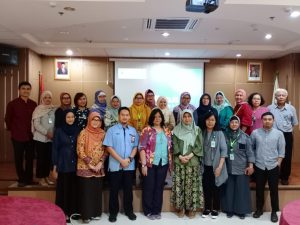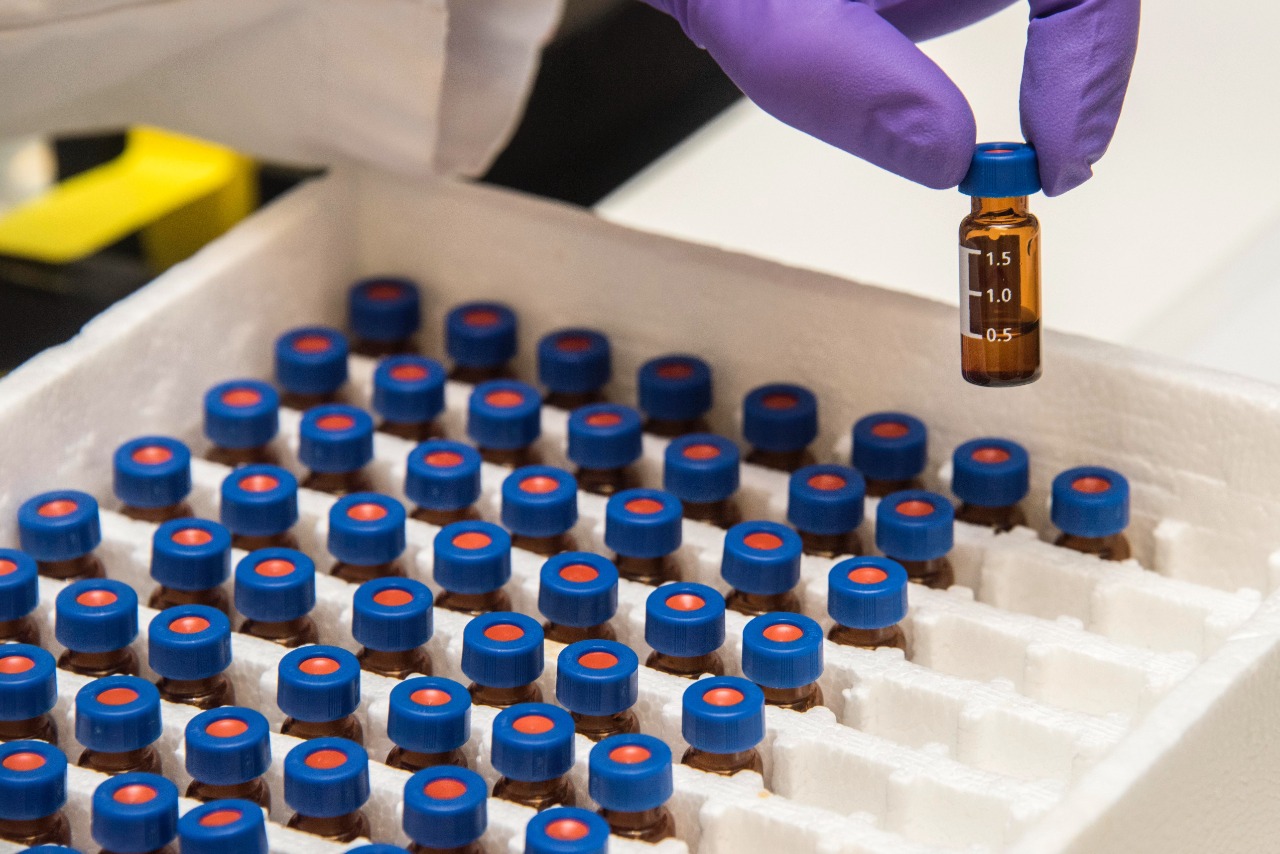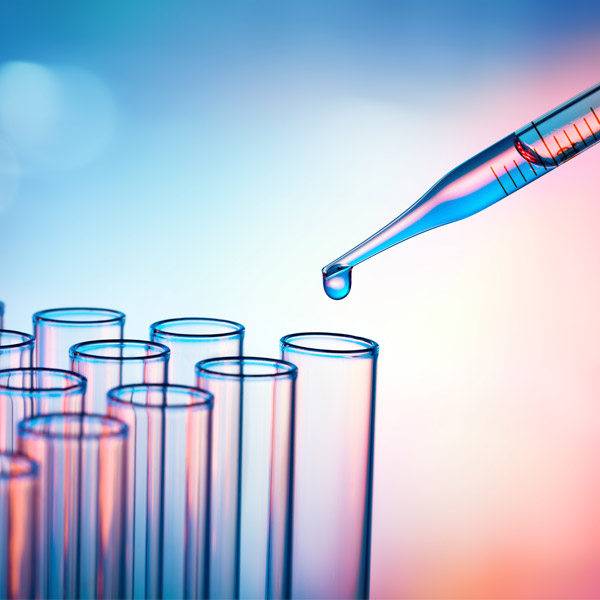
INDOHUN-OHLN, BSN, and BBKL Jakarta
As an act of follow-up of the MoU between INDOHUN-OHLN and the National Standardization Agency (BSN), an assessment of the laboratory biorisk management system (LBMS) had been carried out at the Central Laboratory of Health, Jakarta. The assessment was carried out using the INDOHUN-OHLN biorisik management laboratory assessment tool. Of course, this activity was the first step in the realization of collaboration between INDOHUN-OHLN and BSN in the SMBL assessment activities in the crucial laboratory to handle diagnosis and detection.
This activity was carried out on 10-11 December 2019 with the assistance of 3 INDOHUN facilitators, Aroem Naroeni, DEA, PhD, Agus Setiawan, MPH, and Rahmi Nuraini, S.Gz. As for the scope of the laboratory, the Clinical Microbiology Laboratory and the Food and Environment Laboratory will be assessed. The assessment elements included are complete, i.e. 16 elements which include:
1. Biorisk Management System
2. Risk Assessment (Work Planning with Biological Materials)
3. Information and Inventory of Biological and Other Toxin Materials
4. General Safety (Operational Control)
5. Personnel and Competence
6. Good Microbiological Techniques
7. Personal Protective Equipment
8. HR Background
9. Occupational Health Program
10. Emergency Response and Contingency Planning
11. Physical Facilities Requirements
12. Equipment and Maintenance
13. Decontamination, Disinfection and Sterilization
14. Transportation of Biological and Other Hazardous Materials
15. Biosecurity
16. Accident and Incident Investigation
Overall, the results of all elements in both laboratories were already good. Both laboratories already had ISO 9001 accreditation, ISO 17025, ISO 15189, and ISO 17043 so that there were already some elements of SNI 8340 that had been fulfilled. The ISO standard is certainly very important so that the diagnostic and detection activities carried out are in accordance with international standards so that they could be recognized both at local and abroad. In addition, both laboratories already had a K3 program that was already running so that it supports the implementation of SNI 8340.
Both laboratories also had adequate physical facilities with BSL2 + that had been certified by a certification body. Having BSL 2+ standard certification is very important so that the laboratory has the capacity to carry out research with dangerous biological agents. At present the laboratory standard is used for COVID-19 detection has at least a BSL, so that BBLK Jakarta can be included in the categorization of laboratories capable of carrying out COVID-19 detection. Finally, an important element that was already owned by the two laboratories at BBLK Jakarta was that both of them have carried out routine programs to improve worker competency.


Leave a Reply